Introduction
As Bitcoin continues to revolutionize the financial world, securing your digital assets has never been more crucial. Whether you're a seasoned investor or just starting your crypto journey, choosing the right Bitcoin wallet is fundamental to protecting your investment. This comprehensive guide will help you understand the different types of wallets and select the best option for your needs.
Why Your Bitcoin Wallet Choice Matters
Before diving into specific recommendations, let's understand what makes a Bitcoin wallet essential:
- Security: Different wallet types offer varying levels of protection for your digital assets.
- Accessibility: Balance between security and ease of access for transactions.
- Control: Non-custodial wallets give you full ownership of your private keys.
- Privacy: Various options for transaction privacy and anonymity.
- Features: Additional capabilities like DeFi access and multi-currency support.
Top 5 Bitcoin Wallets for 2024
1. Ledger Nano X: Best Overall Hardware Wallet
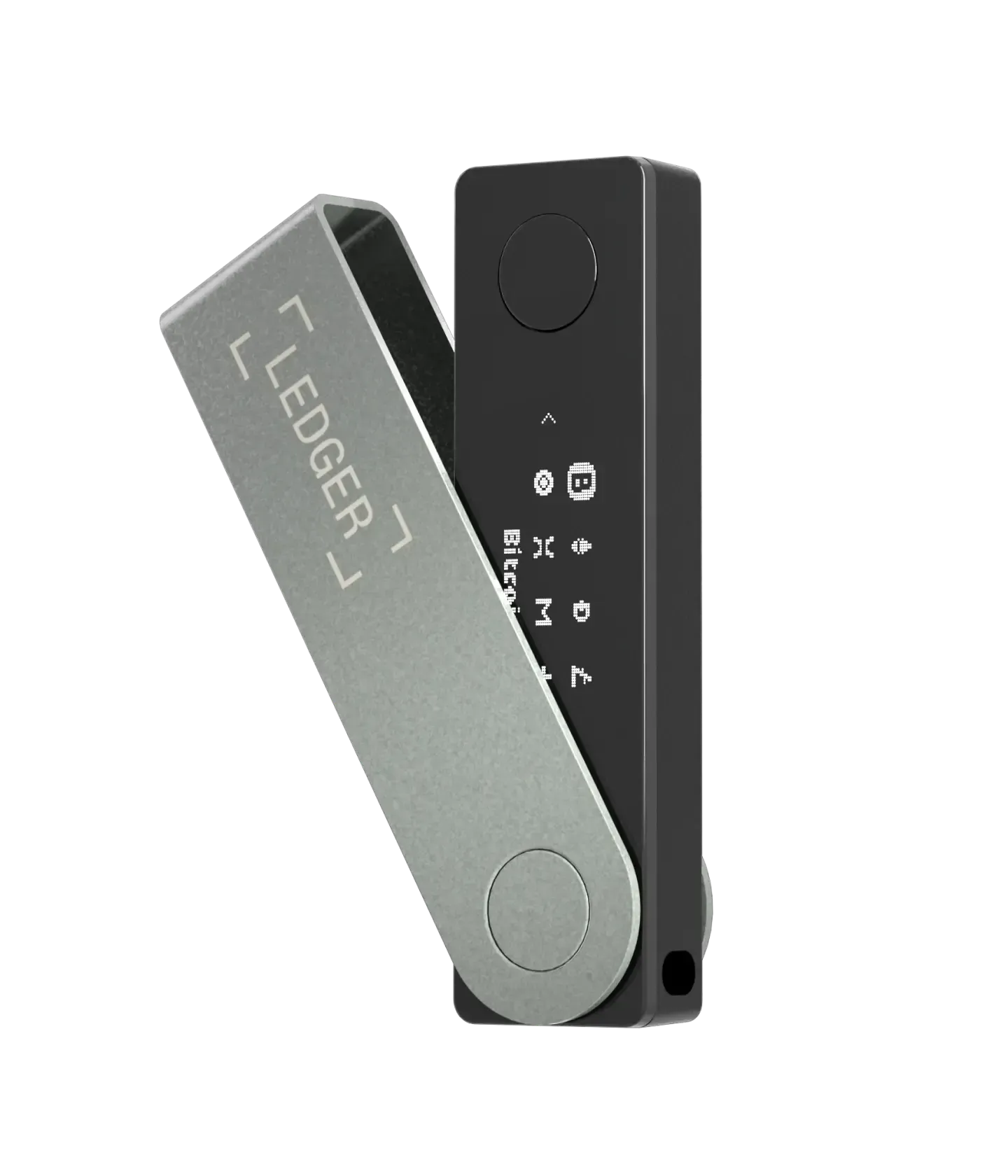
- Price: $149
- Best For: Long-term investors and security-focused users
- Buy Ledger Nano X from the Official Site Page
Key Features:
- Certified secure element chip for maximum protection
- Bluetooth connectivity for mobile management
- Support for 5,500+ cryptocurrencies
- User-friendly Ledger Live companion app
- Built-in battery for portable use
Pros:
- Industry-leading security standards
- Convenient Bluetooth functionality
- Extensive cryptocurrency support
- Regular firmware updates
Cons:
- Higher price point
- Bluetooth feature may pose additional security considerations
2. Trezor Model T: Most Transparent Hardware Wallet
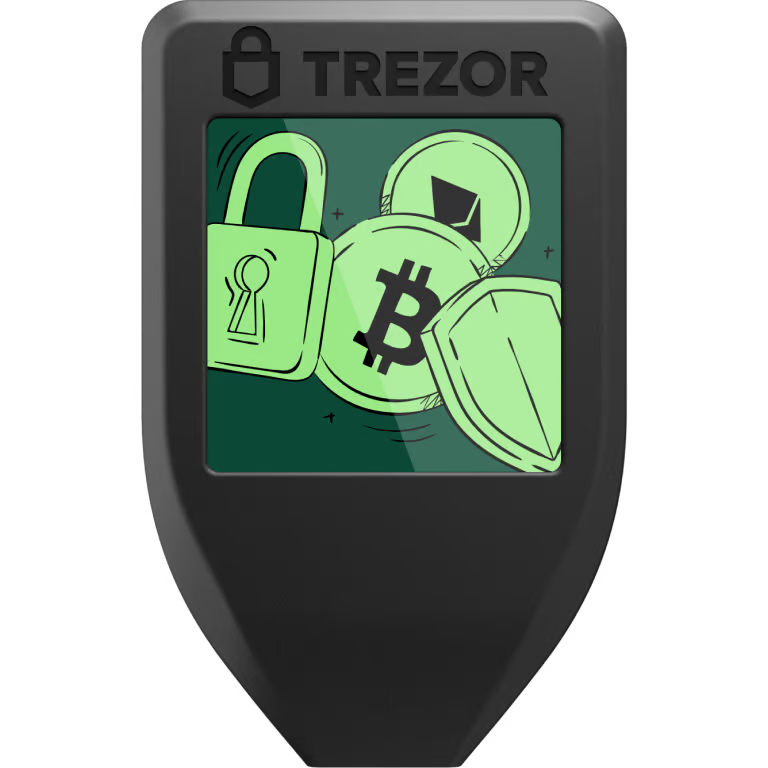
- Price: $219
- Best For: Privacy-focused users and open-source advocates
- Buy the Model T by Trezor
Key Features:
- Full-color touchscreen interface
- Shamir Backup security protocol
- Fully open-source firmware
- Password manager functionality
Pros:
- Intuitive touchscreen navigation
- Advanced recovery options
- Transparent, auditable security
- No Bluetooth (considered a security advantage by some)
Cons:
- Higher price than Ledger
- No wireless connectivity options
3. Electrum: Best Desktop Wallet for Advanced Users
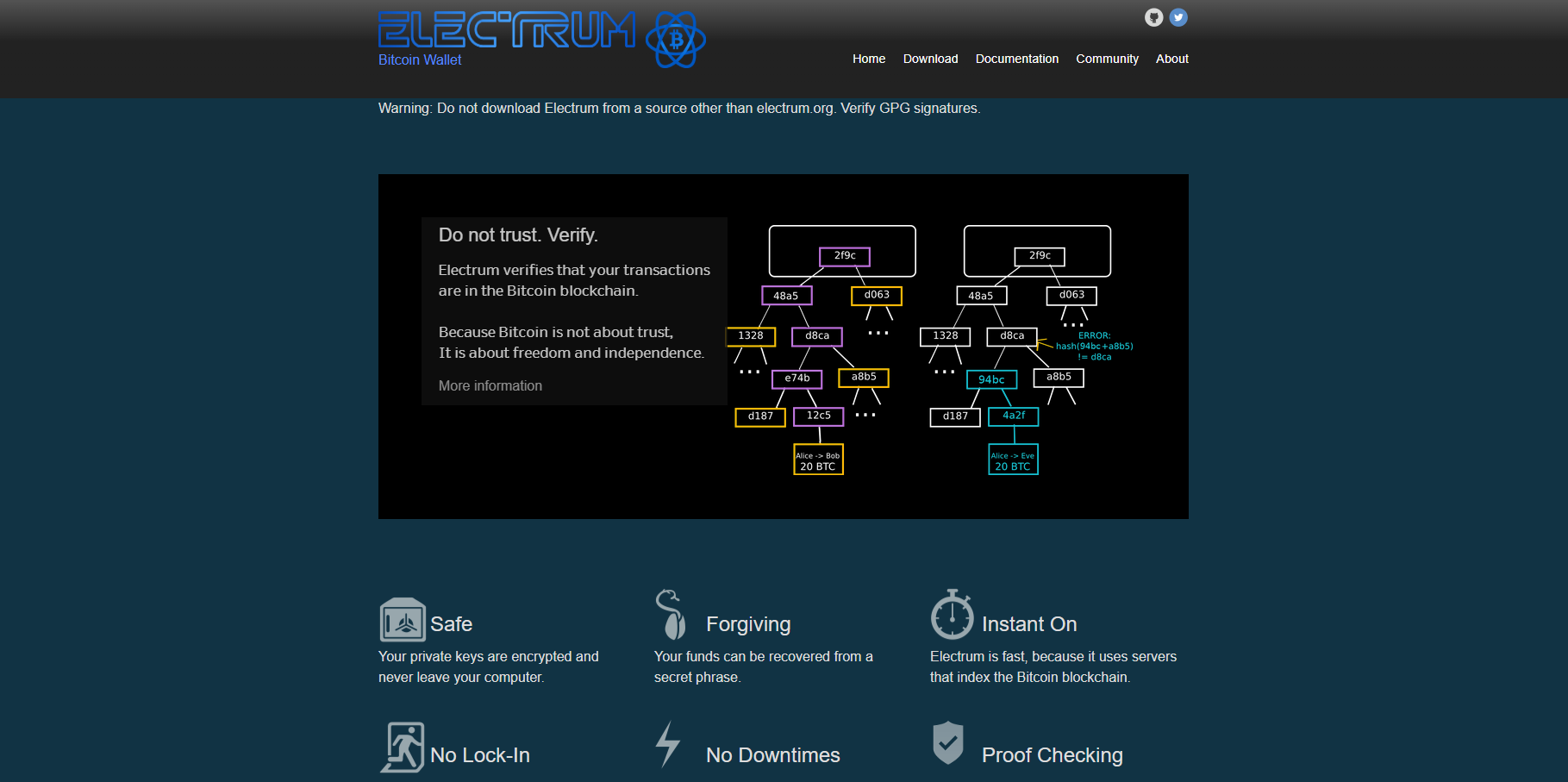
- Price: Free
- Best For: Experienced Bitcoin users who prioritize control
- Download Electrum for the official website
Key Features:
- Lightweight client architecture
- Multi-signature support
- Custom transaction fee settings
- Cold storage integration
Pros:
- Fast synchronization
- Advanced security options
- High degree of customization
- Well-established reputation since 2011
Cons:
- Steeper learning curve
- Bitcoin-only support
- Interface may seem dated
4. Coinbase Wallet: Best for Beginners

- Price: Free
- Best For: New crypto users and Coinbase exchange customers
- Download the Coinbase Wallet
Key Features:
- Self-custodial storage
- Built-in Web3 dApp browser
- Direct exchange integration
- Multi-cryptocurrency support
Pros:
- User-friendly interface
- Seamless Coinbase exchange integration
- Strong security features
- Easy backup and recovery
Cons:
- Limited advanced features
- Some features require Coinbase account
- May not appeal to privacy-focused users
5. BlueWallet: Best Mobile Wallet
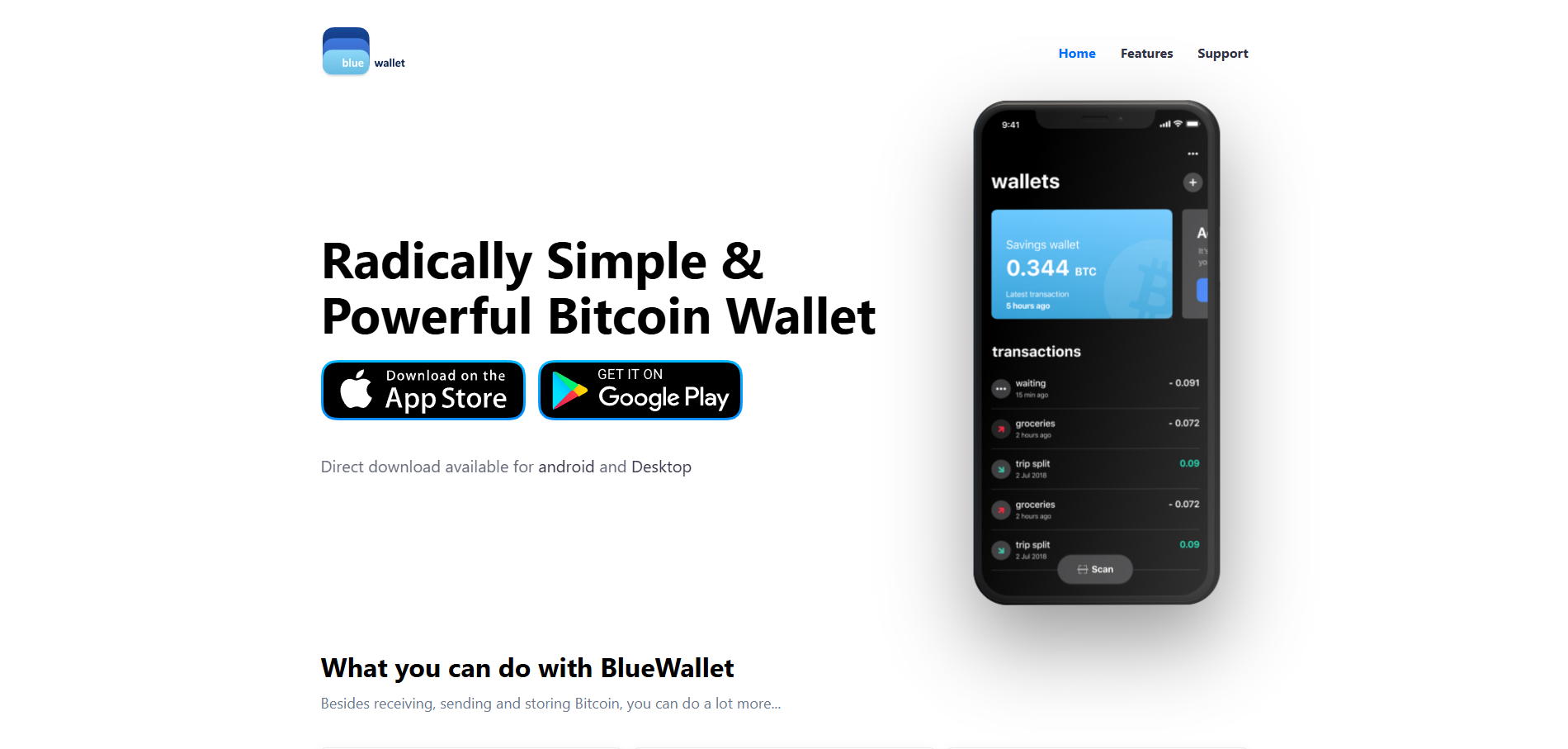
- Price: Free
- Best For: Day-to-day Bitcoin users and Lightning Network enthusiasts
- Download BlueWallet
Key Features:
- Lightning Network integration
- Watch-only wallet functionality
- Plausible deniability security
- Multiple wallet support
Pros:
- Fast Lightning Network transactions
- Strong privacy features
- Simple interface
- Regular updates and improvements
Cons:
- Mobile-only platform
- Lightning features require some setup
- Limited customer support
How to Choose the Right Bitcoin Wallet
Consider these factors when making your decision:
- Usage Pattern
- Frequent trading: Consider software wallets
- Long-term holding: Prioritize hardware wallets
- Daily transactions: Mobile wallets with Lightning support
- Security Needs
- Maximum security: Hardware wallets
- Balanced security: Software wallets
- Convenience: Mobile wallets
- Budget Considerations
- Hardware wallets: $50-250
- Software/Mobile wallets: Usually free
- Consider the value of assets being stored
Security Best Practices
Regardless of your chosen wallet, follow these essential security measures:
- Never share your private keys or recovery phrases
- Use strong passwords and enable 2FA where available
- Keep recovery phrases in multiple secure locations
- Regularly update your wallet software
- Consider using multiple wallets for different purposes
Conclusion
The best Bitcoin wallet depends on your specific needs and circumstances. Hardware wallets like the Ledger Nano X and Trezor Model T offer the highest security for long-term storage, while software solutions like Electrum, Coinbase Wallet, and BlueWallet provide varying balances of convenience and security for different use cases.
Remember that your chosen wallet is only as secure as how you use it. Follow security best practices, keep your recovery phrases safe, and stay informed about the latest developments in cryptocurrency security.
Last Updated: November 2024
Disclaimer: This article is for informational purposes only and should not be considered financial advice. Always conduct your own research before making any investment decisions.




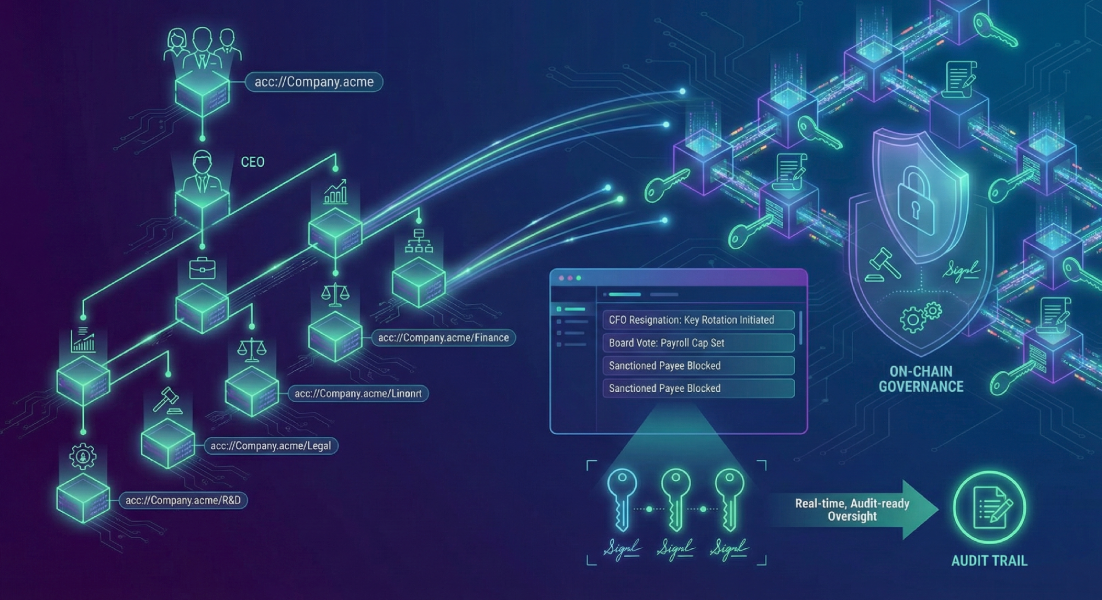








Discussion